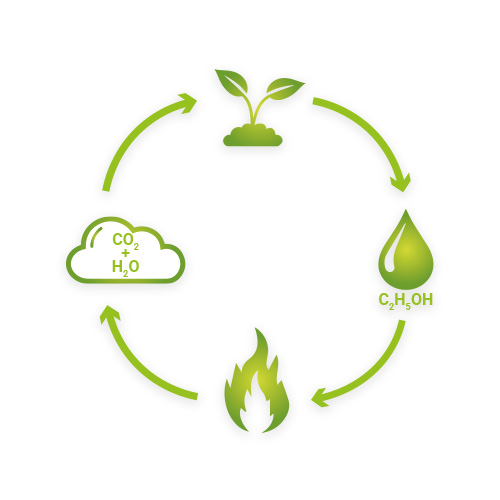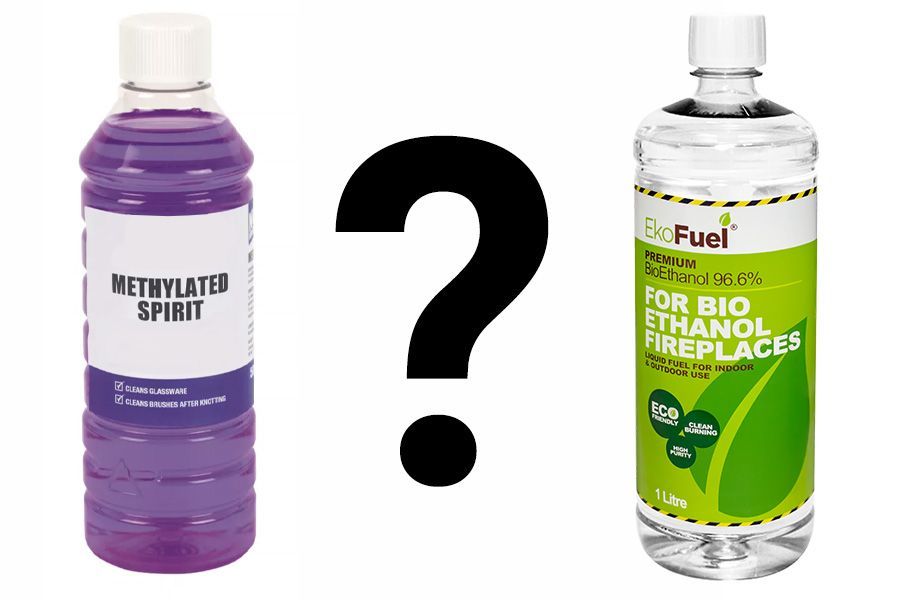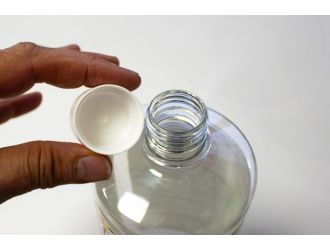The European legislation around Methylated spirit, the fuel traditionally used for alcohol camping stoves in the UK, changed as of July 2013. It was deemed unsafe because of its high methanol content, which was in the recipe as the denaturant to ensure the alcohol was unfit for human consumption. In place of methylated spirits sits a new European approved formula for denatured alcohol that is free from methanol. (You can find out more about denatured alcohol in our blog post here: What Is Denatured Ethanol and What Is It Used For?)
Bioethanol is another form of denatured alcohol meeting the same requirements as the new approved legislation. The “bio” part refers to the fact that the fuel has been made from a fermentation route, rather than a chemically produced route. For example, from the fermentation and distillation of grain or sugar beet.
So if methylated spirits and denatured ethanol are the same thing, why do I still see purple bottles of Methylated spirits in the shop?
The use of methyl violet dye was mandatory when methanol was used and this gave the bottle its classic purple look. Although it is no longer a mandatory part of the legislation around completely denatured alcohol, suppliers are still allowed to include violet dye in their product recipes and use the name methylated spirits.
Methylated spirits or Bioethanol?
Here at Ekofuel, we have been working with denatured alcohol for several years to develop a fuel for use in indoor and outdoor bio-ethanol fireplaces and camping stoves. We are now the largest distributor of bio-ethanol fuel for fireplaces in the UK.
Being produced from Bio sources like grain and sugar beet, bioethanol is a much cleaner and environmentally friendly way of producing completely denatured alcohol. When burnt Bioethanol produces only CO2 and water. The CO2 is then absorbed back into the grain, sugar beet and other plants as they grow.
Because of this, we would recommend Bioethanol for use in liquid alcohol camping stoves.








